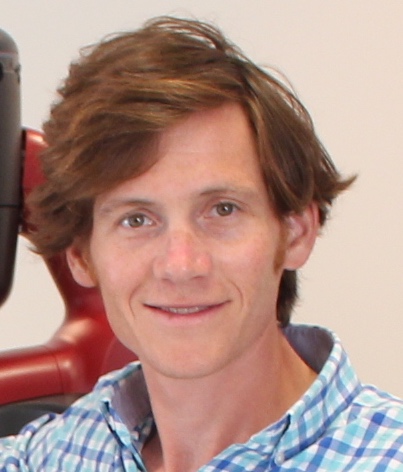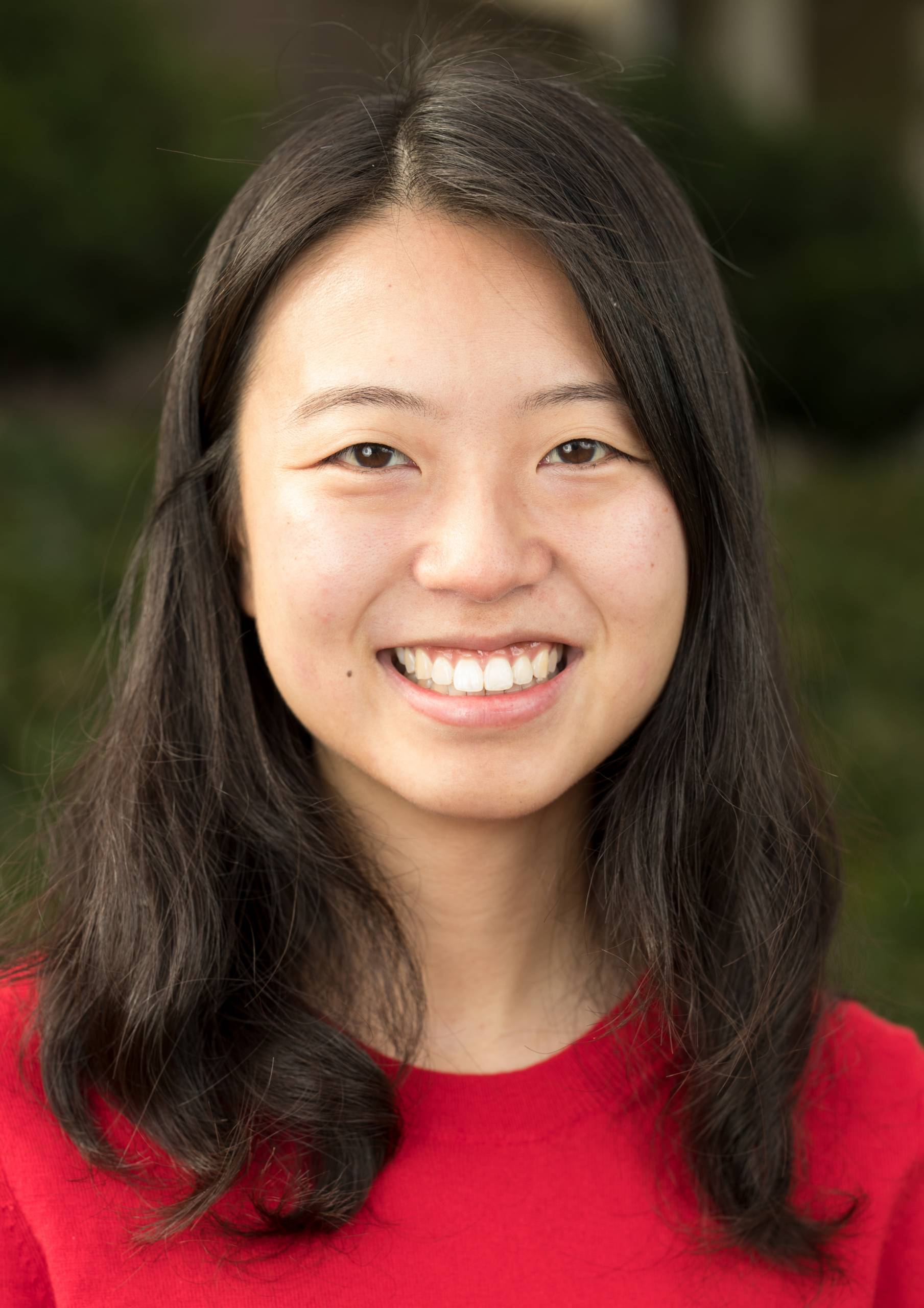Loading view.
Calendar of Events
S Sun
M Mon
T Tue
W Wed
T Thu
F Fri
S Sat
Iasonas Kokkinos
Research Manager
Snap Inc, UCL
Thomas Howard
Assistant Professor of Electrical and Computer Engineering
Electrical & Computer Engineering, University of Rochester
Alex Schwing
Assistant Professor
University of Illinois
Matthew Walter
Assistant Professor
Robot Intelligence through Perception Lab (RIPL), Toyota Technological Institute at Chicago
Robotics Institute,
Carnegie Mellon University
Carnegie Mellon University
Robotics Institute,
Carnegie Mellon University
Carnegie Mellon University
Serena Yeung
Assistant Professor
Stanford University
Siddharth Srivastava
Assistant Professor
School of Computing, Informatics, & Decision Systems Engineering, Arizona State University
Judy Hoffman
Assistant Professor
College of Computing, Georgia Tech






